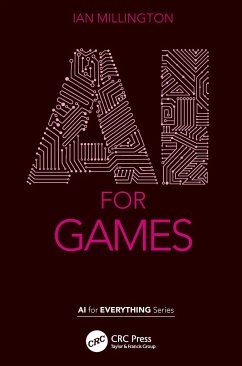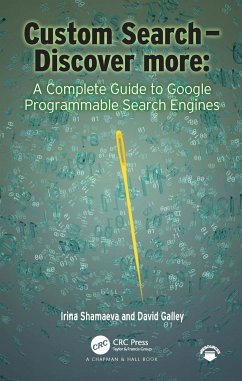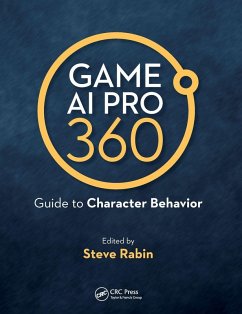
Considerations on the AI Endgame
Ethics, Risks and Computational Frameworks
Versandkostenfrei!
Versandfertig in 1-2 Wochen
132,99 €
inkl. MwSt.
Weitere Ausgaben:

PAYBACK Punkte
66 °P sammeln!
This seminal volume offers an interdisciplinary exploration into the rapidly evolving field of artificial intelligence and its societal implications. The book delves into a multitude of topics that address the rapid technological advancements in AI and the ethical dilemmas that arise as a result.














